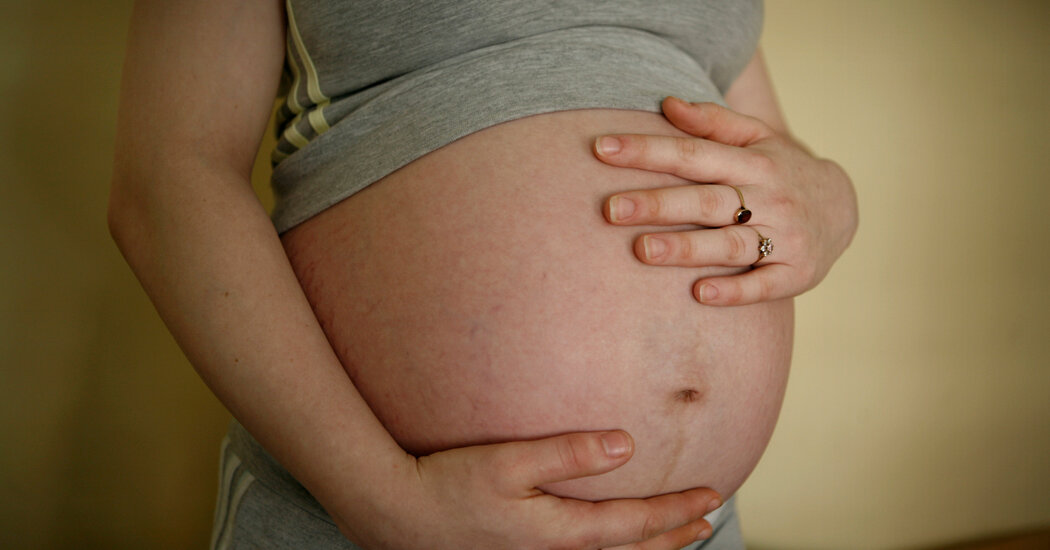Teen pregnancy increases the chances that a young woman will drop out of school and struggle with poverty, research has shown. Teenagers are also more likely to develop serious medical complications during pregnancy.
Now a large study in Canada reports another disturbing finding: Women who were pregnant as teenagers are more likely to die before their 31st birthday. The trend was observed among women who had carried teen pregnancies to term, as well as among those who had miscarried.
“The younger the person was when they became pregnant, the greater their risk was of premature death,” said Dr. Joel G. Ray, an obstetric medicine specialist and epidemiologist at St. Michael’s Hospital in Toronto and the first author of the study. It was published in JAMA Network Open on Thursday.
“Some people will argue that we shouldn’t be judgmental about this, but I think we’ve always known intuitively that there’s an age that is too young for pregnancy,” he added.
The study made use of a provincial health insurance registry to analyze pregnancy outcomes among some 2.2 million teenagers in Ontario, Canada, including all girls who were 12 years old between April 1991 and March 2021.
Even after the researchers accounted for pre-existing health problems the girls may have had, and for income and education disparities, teenagers who carried pregnancies to term were more than twice as likely to suffer premature death later in life.
The researchers found similar odds among women who as teenagers had ectopic pregnancies, in which the fertilized egg grows outside the uterus, or pregnancies that ended in a stillbirth or miscarriage.
The danger was substantially lower among women who had terminated a pregnancy as teenagers — however, they were still 40 percent more likely to die prematurely, compared with those who had not been pregnant.
Dr. Ray and his colleagues found the greatest odds of premature death among women who became pregnant before the age 16 and those who were pregnant more than once as teenagers.
Injuries — both self-inflicted and unintentional, like assaults — caused most of the premature deaths, the analysis found.
Women who had been pregnant as teenagers were more than twice as likely to die young of an unintentional injury, compared with those who had not been pregnant as teenagers — and they were also twice as likely to die from a self-inflicted injury.
In a commentary accompanying the article, Elizabeth L. Cook, a scientist with Child Trends, a research organization focused on children and youth, noted that teen pregnancy may not be a causal factor in premature mortality.
Rather, it may be a proxy for an array of other influences, including adverse childhood experiences, that raise the odds of an early death. She called for more research to understand these causes.
While some teens choose to become pregnant, “most teen pregnancies are unintended, which exposes shortcomings in the systems that exist to educate, guide and support young people,” Ms. Cook wrote. The stigma and isolation that many pregnant teens experience “can make it more difficult to thrive in adulthood,” she added. The new study is not the first to find an association between teen pregnancy and premature death but appears to be one of the largest and most robust.
A Finnish study reported in 2017 that women who had experienced a teen pregnancy were more likely to die prematurely as a result of suicide, alcohol-related causes, circulatory disease and car accidents. That study attributed the excess risk to low educational attainment.
Although the risks of pregnancy generally increase with age, pregnant adolescents are more likely than women in their 20s and 30s to develop pregnancy-related high blood pressure and a life-threatening condition called pre-eclampsia.
They are more likely to give birth prematurely and to have babies who are small at birth, and their babies often have other serious health problems and are at greater risk of dying during their first year of life.







